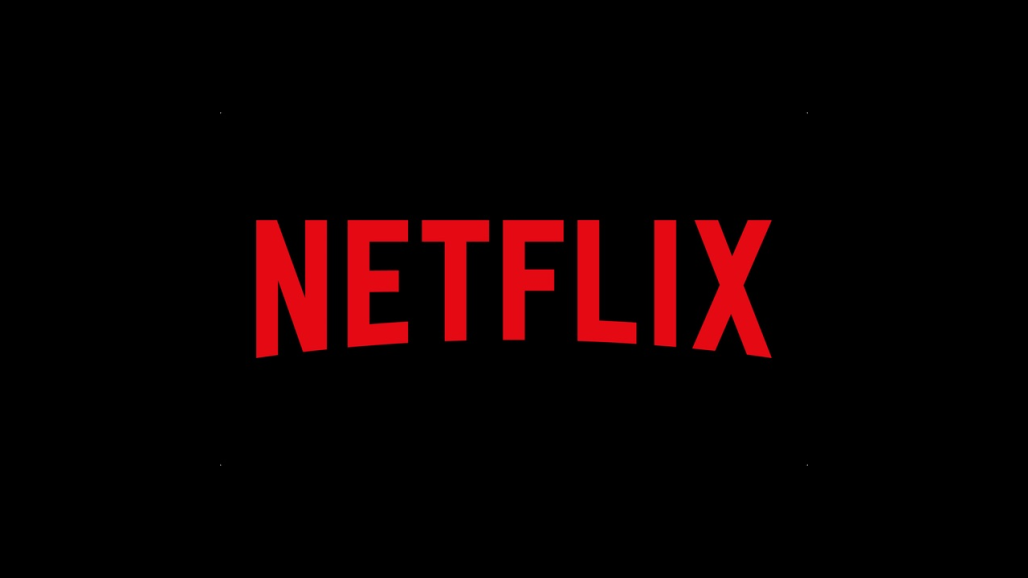The last few months have been difficult for Netflix. Ignoring the Qwikster disaster, the world seems to have realized that Netflix’ business model has fundamentally changed for the worse in the move to online video distribution.
Netflix went from being a distributor of exhaustive content (all old + new) with great economics (because they did not have to do deals with the studios) to being a distributor of a subset of content with mediocre economics.
In effect they are now just an on demand cable company with direct distribution and billing to the customer. The positioning they seem to be taking is “we’re great value for the money at $7.99 per month with good, but not exhaustive, old content (especially TV shows) with some exclusive new content”. In effect, they are kind of an on demand TBS mixed with a little bit of HBO, but without the home grown content.
The company is not in a death spiral. It’s just not an amazing business anymore. Having a cost structure dependent on a few large, often illogical, suppliers makes for a bad business model. These suppliers reverse engineer your margin structure and keep pushing prices up. This is why one of my nine business selection criteria is never to be in a business where you have a risk of margin compression and/or disintermediation by your suppliers and/or customers.
What is ironic is that in the long run the “windows” will compress and largely disappear and we’ll probably have every movie and TV show imaginable available for $29.99 / month or something to that extent (potentially with a more expensive tier for the very latest content). However, that may be in a long enough time (10 years?) that Netflix won’t engineer that future. Amazon is arguably better poised to make it happen.
The ultimate irony might be that Reed Hastings realizes the challenges faced by Netflix and pushed fast and early for the move from DVD to on demand to avoid becoming irrelevant as consumer behavior shifted. He also realizes the direction of history is for all content to be available on demand in one location and that it’s the best potential response to piracy. However, the studios’ business model is not ready to support such a move and they are unlikely to want Netflix to bring about this future.
It will be interesting to see in what form this future arrives and when and what role Netflix ultimately ends up playing…

Wait a second. You think release windows will disappear? You don’t acknowledge it’s a great way to milk maximum profit out of a media product? You think they’ll do better with flat all you can eat pricing that includes even the newest content? Really?
I think the windows will shorten and the current segmentation will be massively simplified.
Right now it’s theatrical release 0-4 months – Premium VOD in hotels etc. 4-8 months – DVD 8-12 – HBO 12-36 – Netflix and others after that (more or less).
I would not be surprised that in the future many movies will be released online at the same time as in the theater. Some will want the full experience and go to the theater, others not. If any window subsists it will be the theatrical release vs. the HBO / VOD. The DVD one for sure is going by the way side.
I also wonder if in 10-20 years the technology in our homes won’t be so amazing that we won’t need to go to the movies to get a theatrical type experience.
Shortening and simplification of release windows, sure. And some stages may go away entirely, particularly VOD in hotels. But there’s always adjustment to new technologies. It’s likely new stages in the release cycle will be added at some point in the future as well. For example, there will be continued stratification of online availability based on differences in pricing, and that may create many more levels than we currently see. But as I said, I highly doubt you’ll be right and we’ll see release windows replaced by simultaneous availability via all avenues if access.
Not sure I agree regarding not going to the theater either, though it’s a separate issue. Yes I envision home technology continuing to approach the current day theatrical experience. But pooling resources in a theater will likely continue to offer a more complete experience in other aspects?